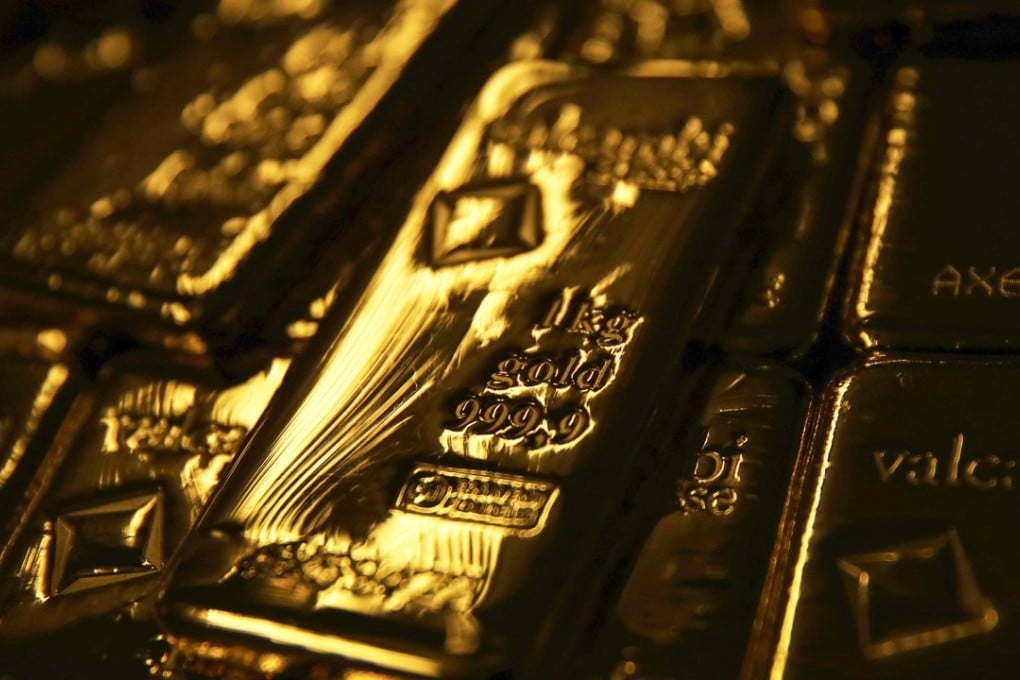London Metal Exchange to launch yuan-denominated futures in sign of Chinese currency’s growing cachet

The London Metal Exchange is planning to introduce yuan-denominated metal products, according its chief executive, a sign the currency’s status in international finance is on the rise.
“At present, investors are trading our products in US dollars. We would definitely like to explore the possibility of launching products denominated in offshore renminbi,” Matthew Chamberlain said in an interview in Hong Kong.
The LME, owned by Hong Kong Exchanges and Clearing (HKEX), already allows traders to use the Chinese currency as collateral. HKEX last July has also introduced yuan-denominated gold futures.
Chamberlain could not say when the new products will be launched but he is confident yuan-denominated products would be popular because the currency has become more widely use in global finance.

The yuan is now the seventh most used currency for domestic and international payments, according to Swift, a global financial messaging service provider.